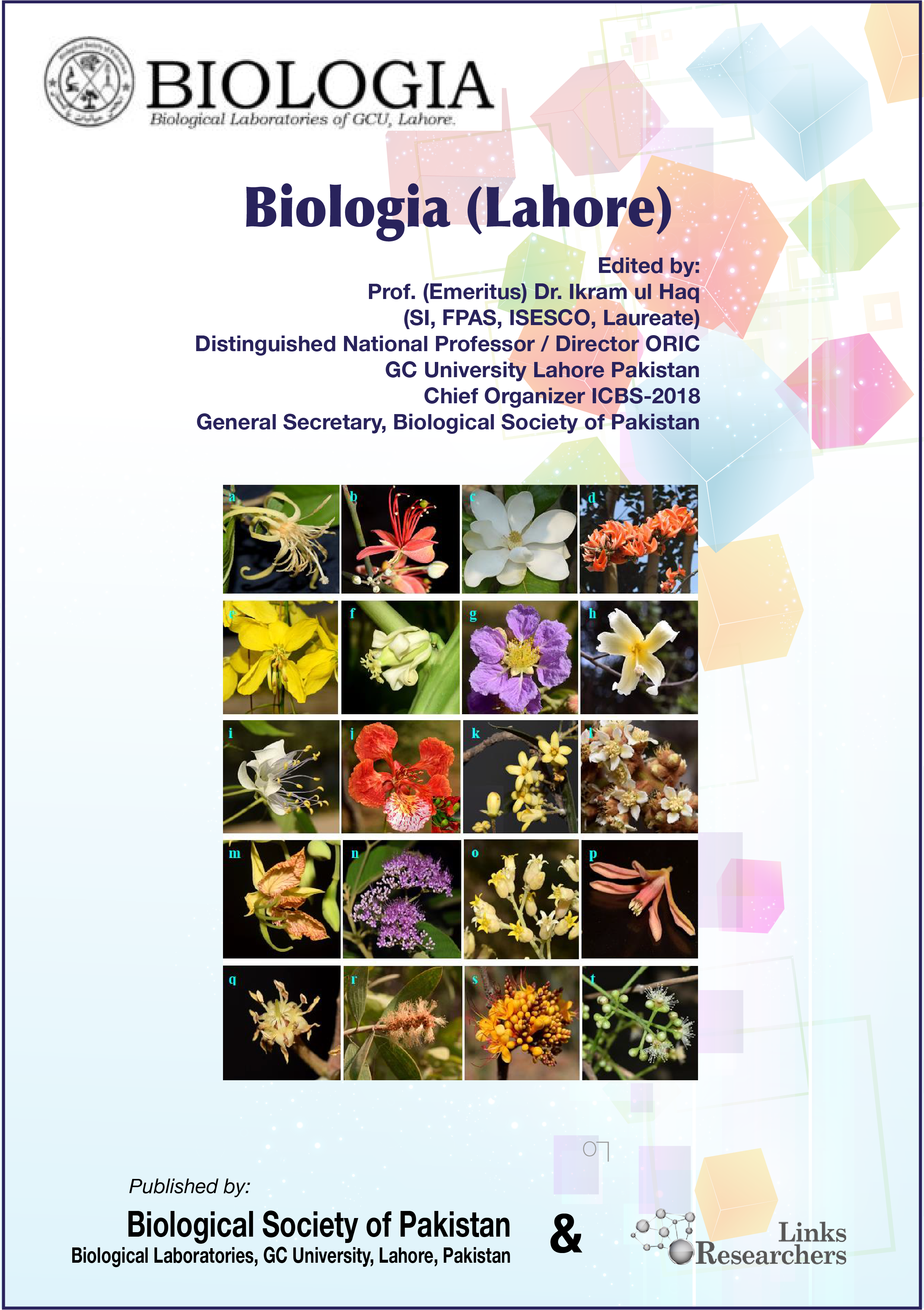Studies on the Occurrence of Prostate Cancer in Gujrat, Punjab, Pakistan and its Association with Testosterone Level
Studies on the Occurrence of Prostate Cancer in Gujrat, Punjab, Pakistan and its Association with Testosterone Level
Kanwal Nisa1, Sadia Roshan1, Shazia Shamas1,2*, Raheela Atta Mustafa3, Shamaila Irum1, Kalsoom Sughra4 and Memoona Iqbal1
ABSTRACT
To share on other social networks, click on any share button. What are these?








